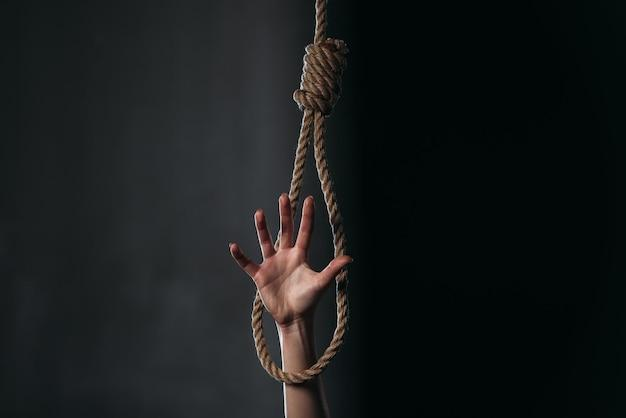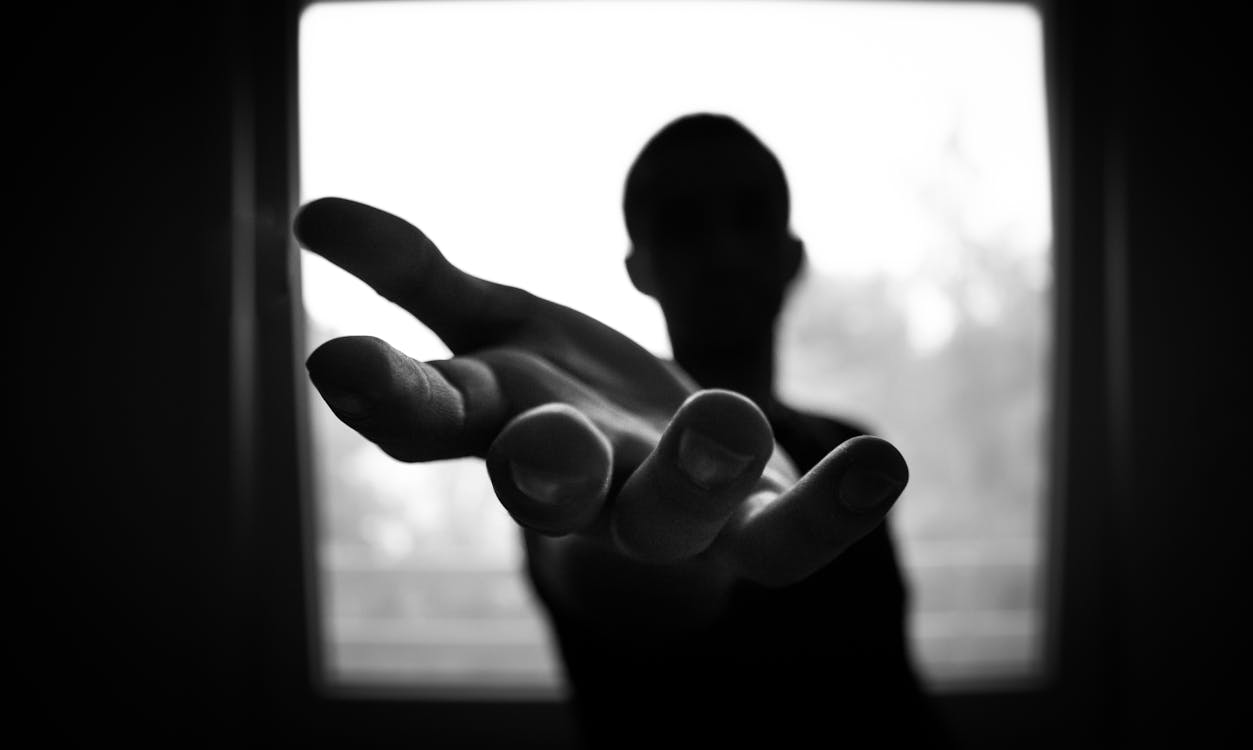Allegations of human trafficking in the UK carry severe legal and reputational consequences. The Modern Slavery Act 2015 governs cases related to human trafficking, outlining strict penalties for offenders while also protecting victims. It is crucial to understand your legal rights and build a strong defence to challenge the prosecution’s claims effectively if accused.
Understanding the Modern Slavery Act 2015
The Modern Slavery Act 2015 consolidates previous laws on human trafficking and modern slavery into a single framework. It defines offences such as forced labour, servitude, and the movement of individuals for exploitation. Convictions under this law can lead to significant prison sentences, financial penalties, and additional court orders, such as Slavery and Trafficking Prevention Orders (STPOs).
Section 45 of the Act provides a potential statutory defence for those facing charges. It applies to individuals who committed offences under coercion, where they had no realistic alternative but to comply. Successfully invoking this defence requires substantial evidence demonstrating the accused’s status as a victim rather than a perpetrator.
Legal Rights When Accused
Anyone arrested for human trafficking offences has legal rights that must be upheld during the investigation.
- Right to Legal Representation: You are entitled to a solicitor, and seeking one with expertise in modern slavery cases is highly advisable.
- Right to Silence: You are not obligated to answer police questions without legal counsel present. Any statements made without representation could be used against you in court.
- Access to Case Evidence: Your legal team can review the prosecution’s evidence to identify inconsistencies or weaknesses.
Key Defence Strategies
Mounting a defence against human trafficking allegations requires a strategic approach tailored to the specific circumstances of the case. Common defence strategies include:
Challenging the Prosecution’s Evidence
It’s up to the prosecution to prove the case, and they need to do so with strong, reliable evidence. A good defence will carefully review every detail to find weak points or errors that could shift the outcome. They often scrutinise:
- Witness testimonies for inconsistencies
- Surveillance and digital evidence for errors or misinterpretations
- Law enforcement procedures to ensure proper protocol was followed
If any inconsistencies or weaknesses are found in the evidence, it could lead to the charges being reduced or even dropped altogether.
Establishing Lack of Criminal Intent
In some cases, the accused may have been unaware of any illegal activity. This defence is particularly relevant in situations where individuals are unknowingly associated with a business or organisation involved in human trafficking.
Invoking the Section 45 Defence
If the accused was forced to commit offences due to exploitation, they might be eligible for a defence under Section 45 of the Modern Slavery Act. This defence requires clear evidence that coercion directly affected their actions. Supporting documentation from social workers, medical professionals, or human rights organisations can strengthen the case.
Proving False Allegations
Misunderstandings, false accusations, or malicious claims can lead to wrongful charges. A defence solicitor can gather evidence demonstrating that the allegations are unfounded, such as alibi evidence, witness statements, or forensic analysis.
Sentencing and Legal Outcomes
If convicted, sentences vary based on the severity of the offence, with the most serious cases leading to life imprisonment. Courts also consider mitigating factors, such as lack of prior convictions, coercion by others, and efforts to prevent harm. In some cases, alternative resolutions, such as reduced charges or rehabilitation-focused sentencing, may be possible.
Seeking Legal Support
Defending against human trafficking allegations requires expert legal representation. Legal aid may be available for those unable to afford private counsel. Engaging an experienced solicitor early in the process ensures that all available defence strategies are explored, increasing the chances of a favourable outcome.
Final Thoughts
A strong legal defence is essential when facing human trafficking allegations in the UK. Understanding the Modern Slavery Act, asserting legal rights, and working with an experienced solicitor can make a significant difference in the outcome of a case. If accused, seeking immediate legal advice is crucial to protecting your rights and ensuring the best possible defence.



